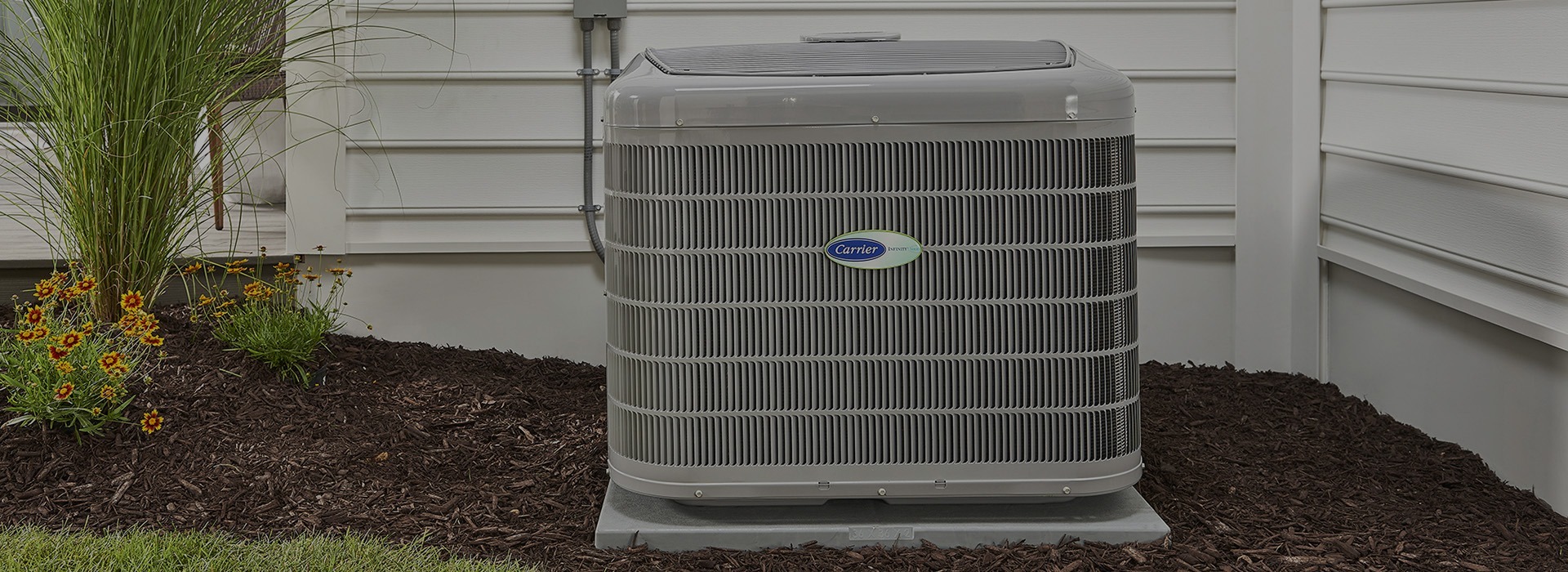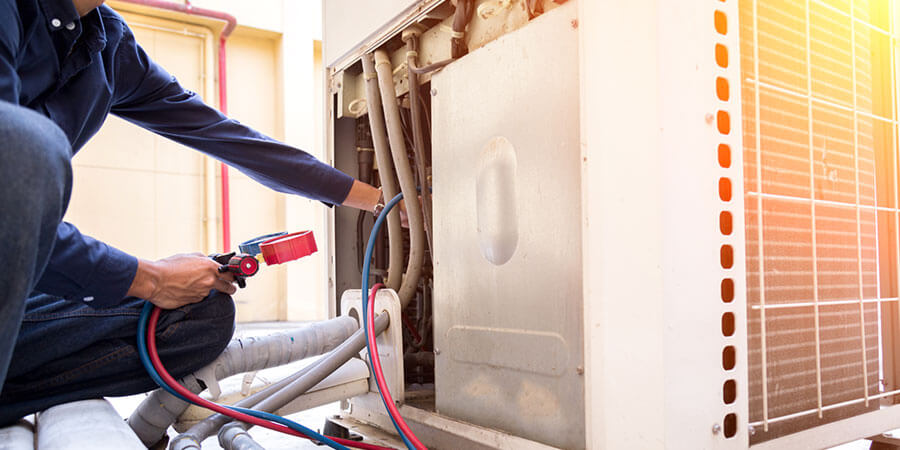Energy-Efficient A/c Solutions to Reduce Energy Bills
As power prices proceed to climb, the importance of energy-efficient A/c systems comes to be progressively evident. These systems not just promise significant savings on energy costs but additionally add to a more lasting future by lessening energy consumption.
Benefits of Energy-Efficient HVAC Equipments
Energy-efficient Cooling and heating systems supply various advantages that prolong past mere cost financial savings. By taking in less energy, these systems add to decrease greenhouse gas emissions, aiding to battle climate change and promote sustainability.
In addition, energy-efficient heating and cooling systems frequently offer improved convenience levels. Much of these systems feature innovative innovation that enables much better temperature control and enhanced air high quality (DMAKS HVAC). This leads to a healthier indoor setting, which is especially crucial for individuals with allergic reactions or respiratory system concerns
Moreover, spending in energy-efficient heating and cooling systems can improve residential or commercial property value. As more consumers prioritize power performance, homes and buildings geared up with these systems might attract higher quotes in the actual estate market.
Sorts Of Energy-Efficient Cooling And Heating Options
Exactly how can house owners and companies pick one of the most ideal energy-efficient a/c choices for their needs? The marketplace offers a variety of energy-efficient HVAC systems, each developed to boost comfort while reducing energy intake.
One choice is the variable refrigerant circulation (VRF) system, which successfully regulates the temperature in numerous areas within a building. This system adapts its refrigerant flow to match the desired temperature, causing significant power savings.
Another preferred option is geothermal warmth pumps, which utilize the planet's steady temperature level to warm and great areas. By transferring warm to and from the ground, these systems show outstanding effectiveness, specifically in moderate environments.
Furthermore, ductless mini-split systems offer an energy-efficient choice for homes lacking ductwork. These systems permit zone-specific cooling and heating, minimizing energy waste in unoccupied locations.
Last but not least, high-efficiency heating systems and air conditioners, with sophisticated SEER and AFUE ratings, offer reputable climate control while taking in much less power than typical versions. By evaluating these alternatives, property owners and companies can select a cooling and heating system customized to their certain needs and power effectiveness objectives.
Key Functions to Take Into Consideration

Next, examine the kind of compressor utilized in the system. DMAKS HVAC. Variable-speed compressors can readjust their result to match the home heating or cooling down need, leading to boosted convenience and energy financial savings contrasted to single-speed models. Additionally, seek systems furnished with clever thermostats that provide programmable settings and remote gain access to, enabling much better control over energy usage
Another vital function is the system's air filtration ability. High-efficiency filters can improve interior air high quality and minimize power intake by guaranteeing the system runs effectively. Take into consideration the type of refrigerant used; modern systems usually employ environment-friendly cooling agents that have a reduced environmental influence.
Lastly, make sure that the system works with zoning technology, which allows for customized temperature level control in different areas of your home, boosting comfort while lessening power usage.
Tips for Choosing the Right System

Next, consider power performance scores, particularly the Seasonal Energy Efficiency Proportion (SEER) for cooling down systems and the Annual Fuel Use Performance (AFUE) for heating unit. Greater ratings indicate better performance, which can result in substantial financial savings on energy expenses in time.
Additionally, evaluate the kind of heating and cooling system that Check Out Your URL finest suits your lifestyle and spending plan. Alternatives include central air, ductless mini-splits, and warm pumps, each with its own set of advantages and downsides.
Do not neglect the importance of appropriate setup and sizing; an improperly sized system can result in inadequacies and enhanced wear. Consult with a specialist HVAC specialist to obtain experienced referrals customized to your home's distinct requirements. This thorough strategy will certainly ensure that you choose an energy-efficient cooling and heating system that satisfies your demands and spending plan effectively.
Upkeep for Optimum Efficiency
Once the right cooling and heating system is in place, continuous upkeep comes to be essential to making certain optimal effectiveness and durability. A properly maintained system runs better, resulting in lower energy consumption and reduced energy bills. Regular evaluations and tune-ups must be arranged at the very least twice a year-- as soon as before the air conditioning season and when prior to the home heating season.

Home owners must additionally be alert regarding monitoring their a/c system's performance. Unusual sounds, fluctuating temperatures, or increased power costs can suggest underlying concerns that require instant focus. By attending to these concerns quickly, homeowners can prevent expensive repair work and moved here prolong the lifespan of their systems.
Buying a maintenance strategy with a qualified specialist not only boosts efficiency but additionally gives peace of mind, understanding that the system is running at its finest. DMAKS HVAC. Normal upkeep is for that reason necessary for sustaining power effectiveness and reducing general functional costs
Final Thought
Finally, energy-efficient HVAC systems present a sensible remedy for reducing energy bills while improving comfort and air quality. By integrating sophisticated innovations and alternatives such as geothermal heatpump and ductless mini-splits, residential property owners can accomplish considerable energy savings and add to ecological sustainability. Cautious consideration of system attributes and ongoing upkeep better guarantees optimal performance, making energy-efficient systems a prudent investment for both financial and ecological advantages.